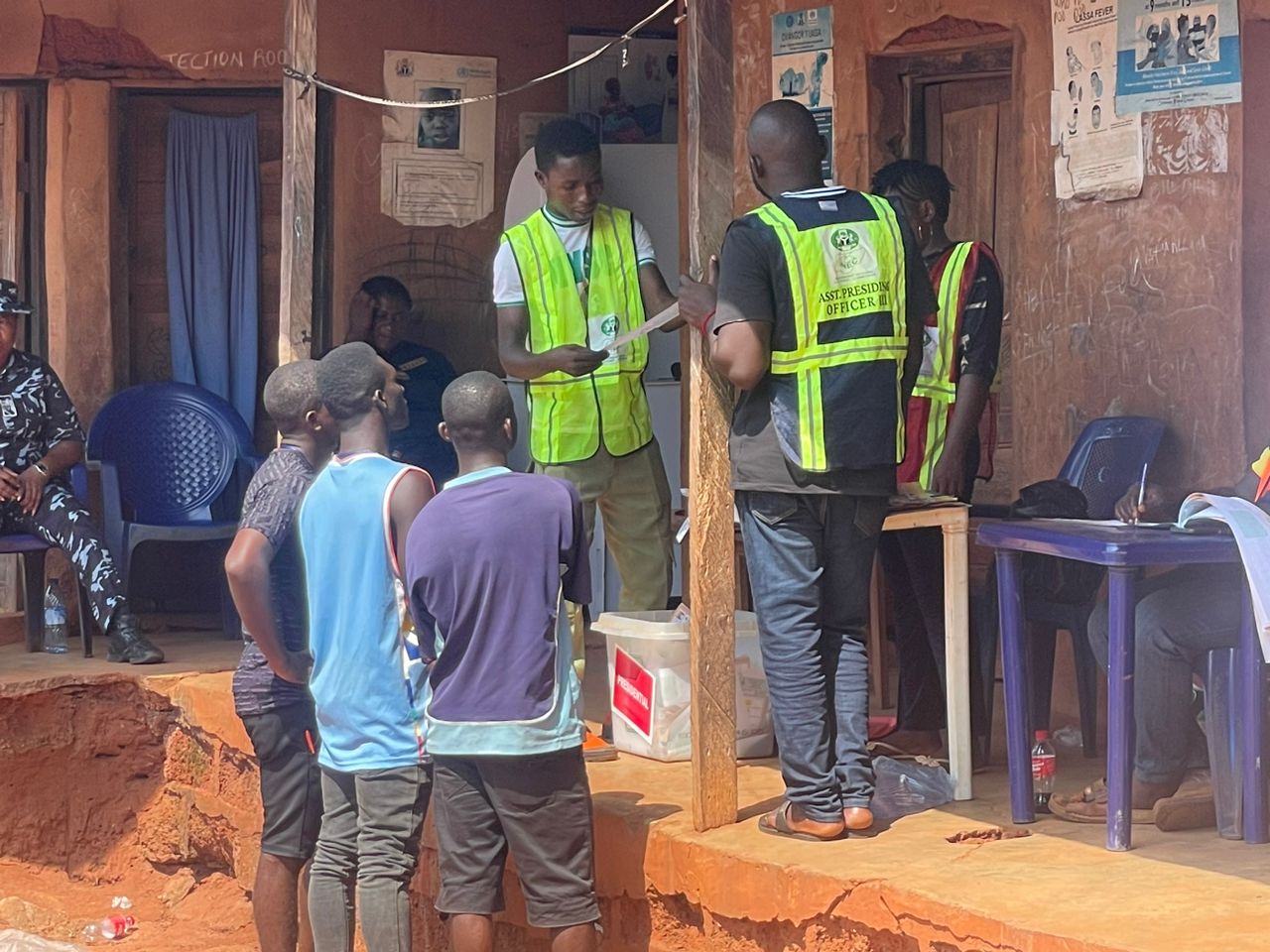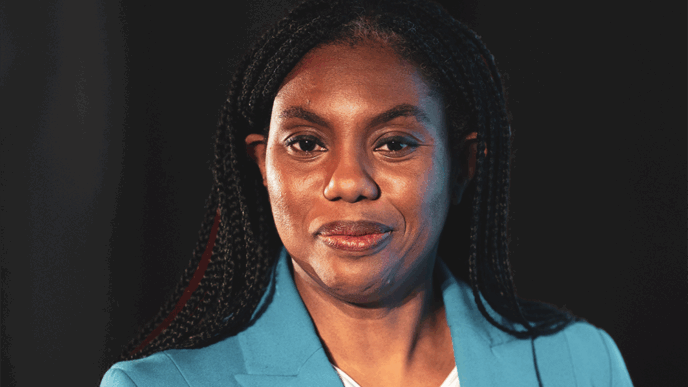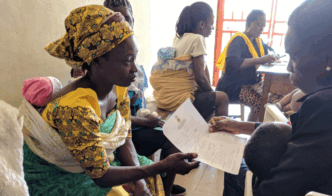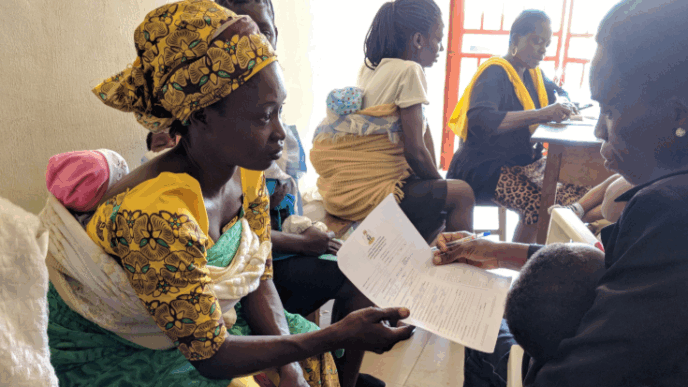BY OLU ALLEN
Since assuming office in May 2023, President Bola Ahmed Tinubu has unveiled an ambitious infrastructure agenda focused on roads, rail, energy, and housing. However, a growing observation in policy circles and public commentary is the conspicuous concentration of high-value federal projects in Lagos state.
While Lagos, as Nigeria’s economic engine, deserves significant investment, the sheer volume, financial scale, and pace of federal commitments directed there in under two years demand scrutiny. Consider the following projects either approved or accelerated under this administration:
1. Lagos-Calabar Coastal Highway: ₦1 trillion (benefiting multiple states, but Lagos phase prioritised)
Advertisement
2. Lagos-Ibadan Expressway Completion: ₦196 billion (Buhari-era project, now fast-tracked)
3. 7th Axial Road (Lagos): $651 million (approx. ₦1.2 trillion)
4. Rehabilitation of Murtala Muhammed International Airport (Lagos): ₦712 billion
Advertisement
5. Lagos Airport Perimeter Fencing/Security: ₦50 billion
6. Lagos-Shagamu Expressway: ₦11 billion
7. Lekki-Epe Expressway Expansion: ₦158 billion
8. Sokoto-Badagry Highway: ₦1.6 trillion (Lagos section prominently advanced)
Advertisement
9. Proposed Lagos Light Rail: $2 billion (approx. ₦3.2 trillion)
10. Rehabilitation of Four Lagos Bridges: (cost undisclosed)
Other initiatives, such as the University of Lagos power project and the Renewed Hope City, further reinforce Lagos as the primary recipient of major federal capital allocations.
The question isn’t whether Lagos warrants investment — it does. But in a federal republic constitutionally obligated to promote national unity and equitable development (Section 14(3) of the 1999 Constitution), is it defensible for one state to dominate federal funding so overwhelmingly in such a short timeframe?
Advertisement
Beyond Economics: The Perception Challenge
Arguments citing Lagos’s population density, GDP contribution, and infrastructure deficit are valid. However, they do not sufficiently justify the stark imbalance in federal project distribution. Nigeria’s strength lies in its diverse potential, and fostering inclusive development is not only a matter of fairness but of long-term stability.
Advertisement
Contrast this with states like Kano, the commercial hub of northern Nigeria, contributing an estimated 15.4% to non-oil GDP, yet receiving no comparable federal infrastructure project beyond vague mentions of a Renewed Hope City. Similar disparities exist in the south-east (e.g., the stalled Enugu-Onitsha Expressway) and the Middle Belt, where strategic infrastructure needs remain underfunded. Even within the south-west, states like Ekiti, Ondo, and Osun appear largely bypassed in favour of Lagos.
This pattern risks defining the Tinubu administration not by national renewal, but by regional concentration. When citizens perceive a presidency as disproportionately favouring the leader’s home state, it erodes trust and undermines the federal character principle meant to preserve cohesion in a plural nation.
Advertisement
Moving Forward: A Call for Deliberate Equity
Recalibration is not only possible—it is necessary. Lagos may continue receiving strategic investments, but the administration must demonstrably prioritise other regions with untapped potential and pressing infrastructure needs. To that end, it should consider the following:
Advertisement
1. Publish a National Infrastructure Distribution Index: Track project allocations per state against key indicators such as population, GDP contribution, and infrastructure deficits to promote transparency and fairness.
2. Implement Regional Rotation for Mega-Projects: Prioritise one geo-political zone annually for flagship federal infrastructure investments.
3. Create Equity Triggers for PPPs: Mandate that a percentage (e.g., 30%) of federal funds leveraged for Public-Private Partnerships in already advantaged hubs like Lagos be reinvested in underserved regions.
4. Accelerate Stalled and Neglected Projects: Fast-track critical projects outside Lagos, including the Keffi-Akwanga-Lafia-Makurdi Road, Kashimbila Agro-Airport in Taraba, and 2nd Niger Bridge access roads.
President Tinubu must govern not only effectively, but equitably—and visibly so. In Nigeria, where perception significantly influences political sentiment, equity must be both practiced and evident. A demonstrable rebalancing is essential to show that national development is driven by inclusive planning, not geography or political loyalty.
Nigeria’s path to unity and prosperity rests on a fundamental principle: every state deserves the opportunity to thrive. The Tinubu administration must embrace this reality—not merely for political optics, but for genuine national stability and shared progress.
When Kano’s industries stall due to poor infrastructure, Lagos’s success cannot compensate for the broader imbalance. A prosperous Nigeria must rise together—not in silos.
Olu Allen is a writer and educator based in Kano. He writes on public policy, governance, and civic equity.
Views expressed by contributors are strictly personal and not of TheCable.











